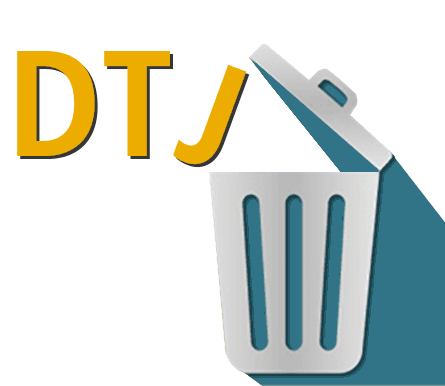Jargon Begone! List
The following jargon have been provided by the community. If you would like to contribute our jargon list please click on the Add to Jargon Begone! button.
| What jargon term annoys you the most? | Why? |
|---|---|
| jargon |
cause i think it's spelt wrong |
| CHIP list |
no one knows what the exact acronym wording is... but we know it's a patient booked for double-operator complex high risk percutaneous coronary intervention. It just sounds silly! |
| F2F - Face to face |
Many text messaging abbreviations are coming into Health documentation . For clear and concise sharing of information , health documentation must be clear and concise. |
| strategic plan |
Why not 'plan'. Who would have an unstrategic plan? |
| active consideration |
As opposed to inactive consideration? just say consideration |
| Pivot |
This term may have had value during the pandemic but it is way over-used now. I'd suggest change, redirect, reconsider, divert, do things differently. |
| Value-add |
It's wring English. Why not just say, adding value? |
| Clients |
Makes patients seem like a commercial proposition. Or maybe that's the whole point. |
| Ballpark |
Another American term which doesn't mean much elsewhere. |
| Elephant in the room |
Where do these terms even originate? What elephant? Which room? Just say 'the real problem is...' |
| Touch base |
If you are not American on don't understand baseball, it has a totally different connotation. Trash it. |
| DEFCON 5 |
All these military terms like DEFCON, HUMINT or CODE ORANGE which have crept into our daily lives need to be banned immediately. In the army they mean something. Running out of crisps is NOT a Code Red situation. |
| Content |
Everything is 'content' now. It's a word which has democratised |
| Dorsal |
It literally means back portion of the body. Why not say that instead of dorsal, especially when talking to patients who have never been to medical school? Nobody ever says 'my dorsal is killing me.' |
| Build the plane why flying it |
stupid analogy to something that in reality can't be done |
| Consumers |
Because we are PEOPLE. Consumer gives the idea that I have had a choice in the services I 'consume'. How about 'person', 'people' or 'families' that access our service, or who have a lived experience. |
| AO's |
Because no-one outside of the government understands that means Administration Officers |
| PRN |
PRN - medication to be taken as required.... not helpful for mental health patients and no one can ever tell you what PRN actually stands for. |
| superficial |
It has a different meaning in plain English than in medical English, but doctors forget that |
| HRT - Humam Resources Team |
It also stands for hormone replacement therapy and is at times very embarrassing. |
| What jargon term annoys you the most? | Why? |
Why should I pledge?
6 out of 10 of people in Australia have low health literacy.
Many Australians have trouble understanding and using information provided by organisations. They also have trouble navigating complicated systems like healthcare services.
When we use jargon, technical terms or acronyms, it is hard for people with low health literacy to understand and use information.
Pledge and take part in activities at your workplace. Make it easy for people with low health literacy to get better information and outcomes from services they use.
Pledge to Drop the Jargon
- Use plain language in all communication – with other staff and with clients
- Not use acronyms
- Explain medical and other technical terminology
- Check that information has been understood by your clients
- Work with a professional interpreter when your clients have low English proficiency
- Politely point out when your colleagues use jargon
